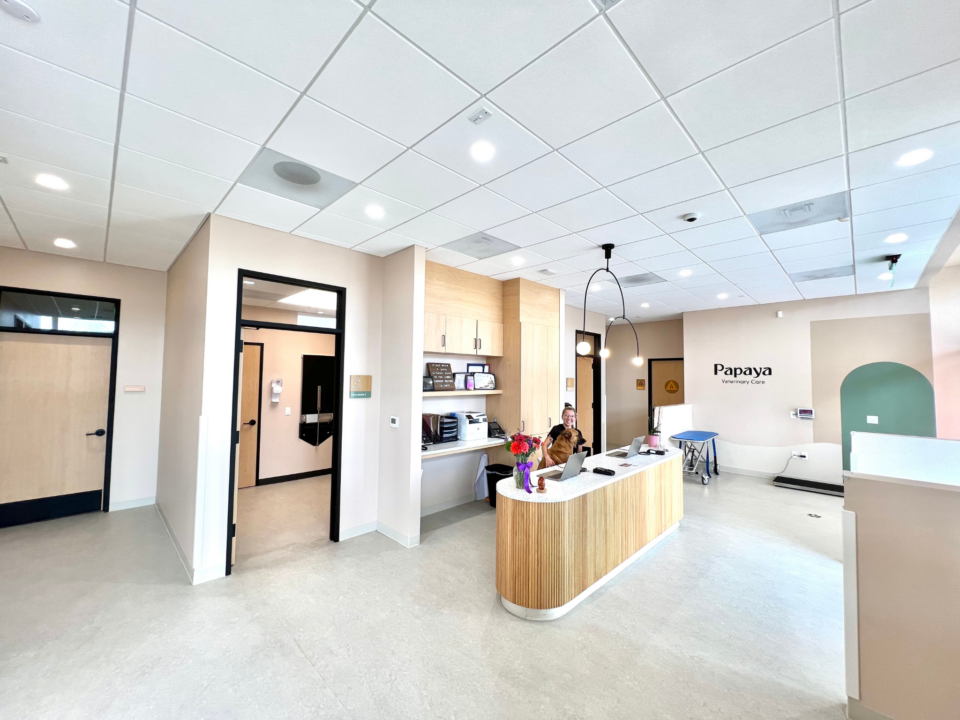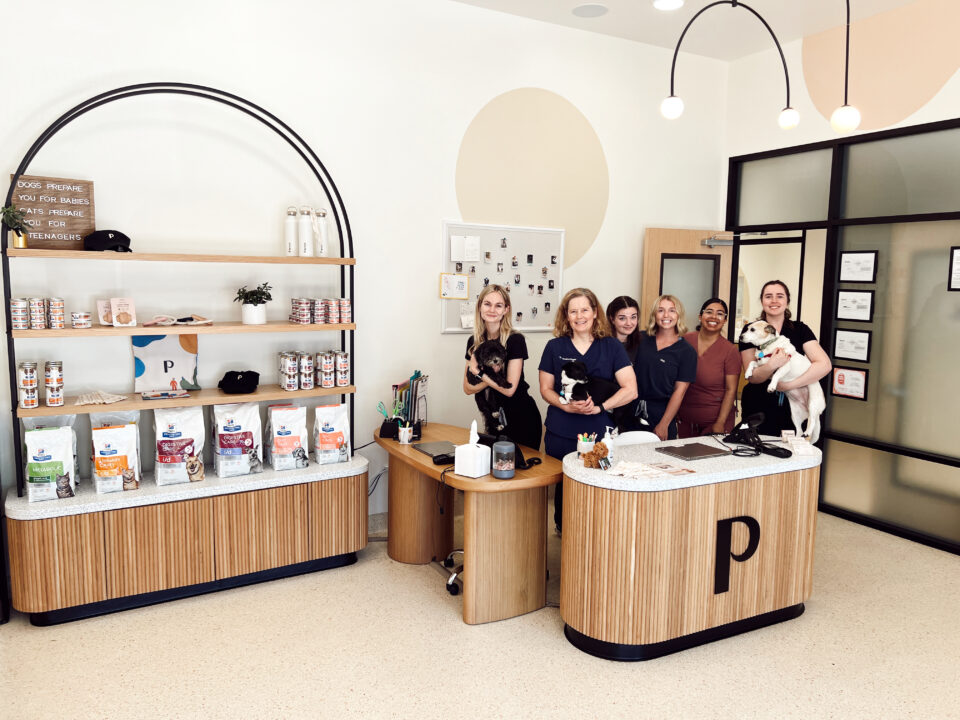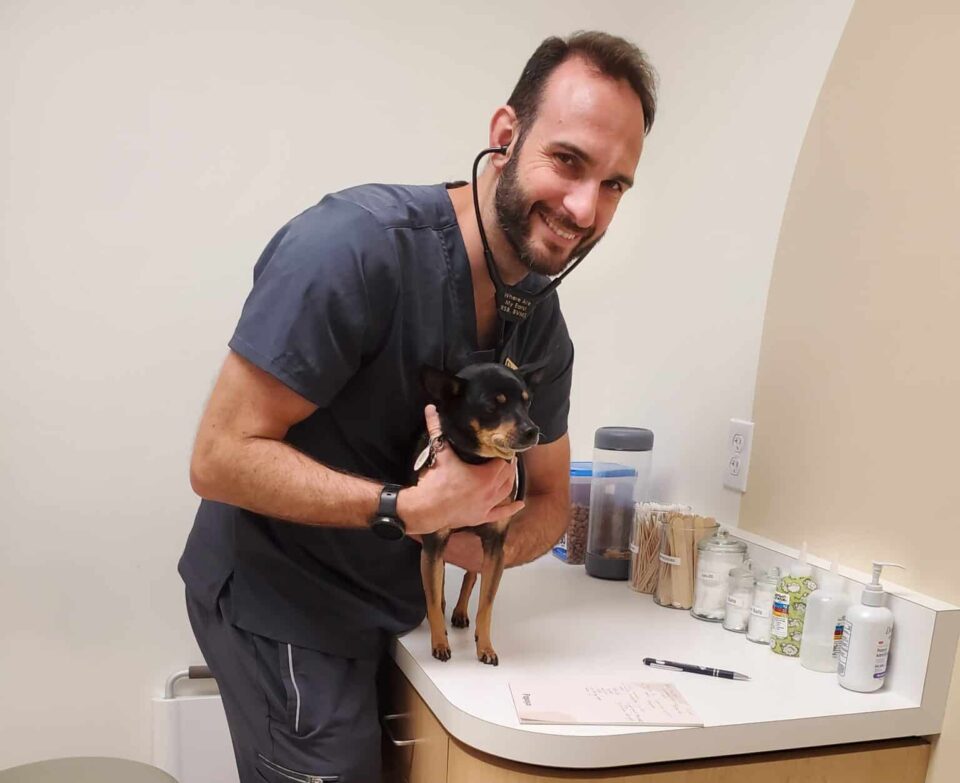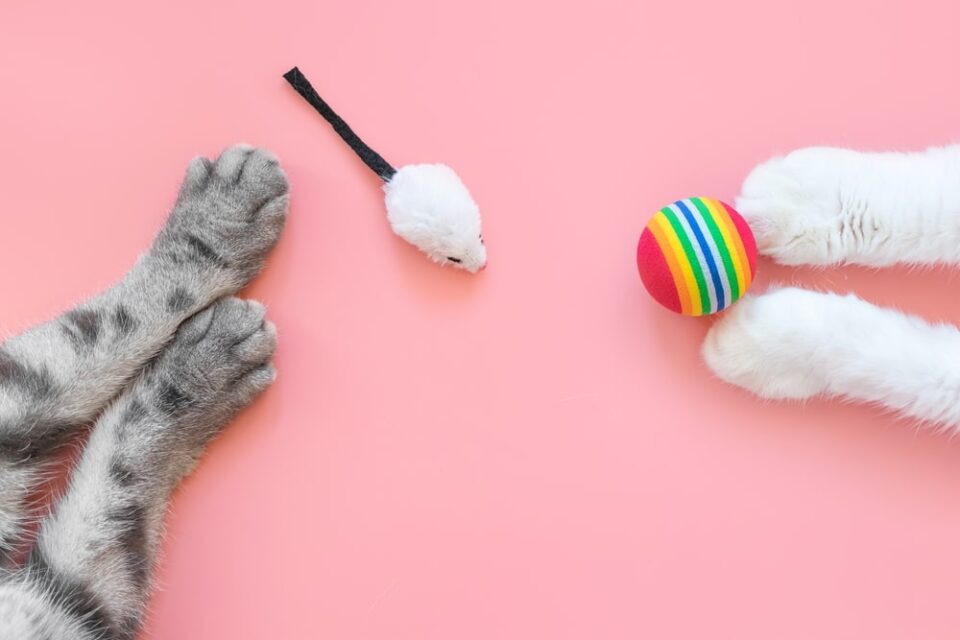Cats
2 min read
Checklist: What to do before, during, and after your cat vet visit
Published on Jul 7, 2023
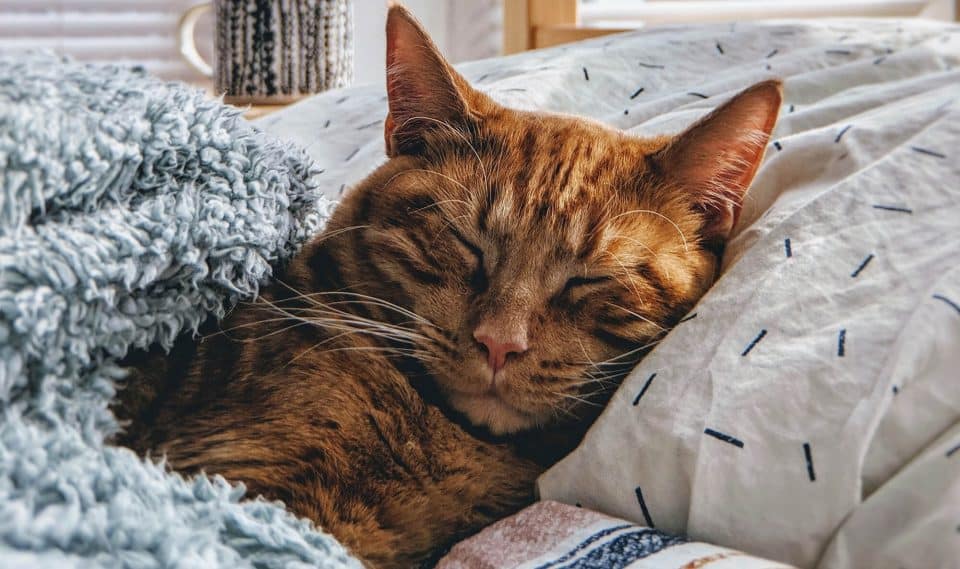
Taking your cat to the veterinarian doesn’t need to be a struggle—but the truth is, so many cat parents dread the routine trip to the veterinary clinic. If you’re part of that crowd, this is just the checklist for you! This checklist will help create a stress-free experience for both your cat and you, from the days leading up to your cat vet visits to when you bring your feline friend back home.
3+ Days Ahead of Your Cat’s Appointment
- Let your feline become acquainted with their cat carrier; leave it out in the open for them to sniff and explore!
- Practiceputting your cat in their carrier and taking them out.
- Write down any questions or concerns that you have for the vet.
- Book an appointment onlineand complete your cat’s medical record.
The Morning of Your Cat’s Appointment
- Budget plenty of time ahead of the appointment to avoid being rushed.
- Allow your cat time to use the litter box before the veterinary visit.
- Don’t feed them ahead of the appointment (so treats are extra delicious!).
- If your veterinarian recommends supplements or medications ahead of car travel, give them to your cat before the vet visit as prescribed.
- Douse a bandana or towel in calming pheromones and drape over the cat carrier
- Pack the following items for vet day:
- Favorite treats
- Favorite toy
- Grooming brush
- Clothing that smells like you
At Your Cat’s Appointment
- Wait in your car until your veterinary care team is ready to see your cat and you.
- Use a soft voice; avoid higher pitches or shouting.
- Remain calm; if you’re stressed, your adult cat will be stressed too!
- Let your veterinarian know if you have specific concerns or questions.
After Your Cat’s Appointment
- Reintroduce your cat slowly to other pets.
- Provide your feline with a private and quiet recovery space, especially after cat surgery.
- Use a pheromone diffuser to help your cat feel at ease during cat vet visits.
- If veterinarian-approved, feed your cat a meal or play with them.
- If your cat has just been spayed or neutered or has been under any cat surgery, be sure to make the first 48 hours very light on activity.
What if it’s an Emergency?
Every pet owner dreads an emergency, but situations like this can arise. You can be prepared ahead of time to get your cat care as quickly as possible. As a pet parent, if you’re unsure if your cat needs urgent care, call your veterinarian immediately to assess the situation.
- Stay calm as panicking may cause your pet to become agitated.
- Respond as much as possible.
- If injured or bleeding, swaddle your cat in a towel.
- Place your cat in their carrier carefully.
- Bring along any prescription medications on vet day.
- Drive safely to the veterinarian or emergency pet hospital.
Further Reading
- Discover more Papaya-approved cat parenthood tips
- 4 steps for how to get a cat in a carrier
- 7 causes of cancer in cats

